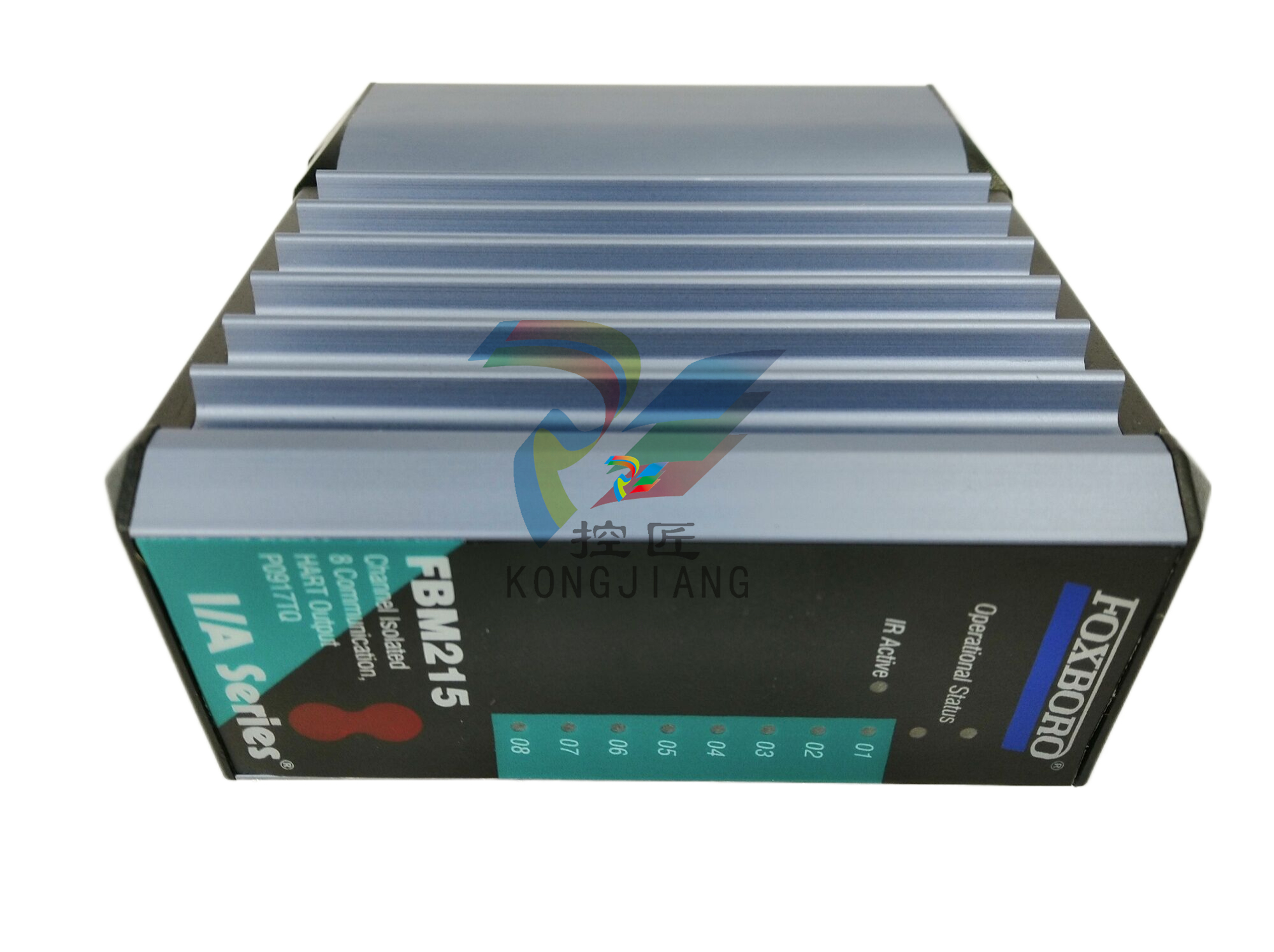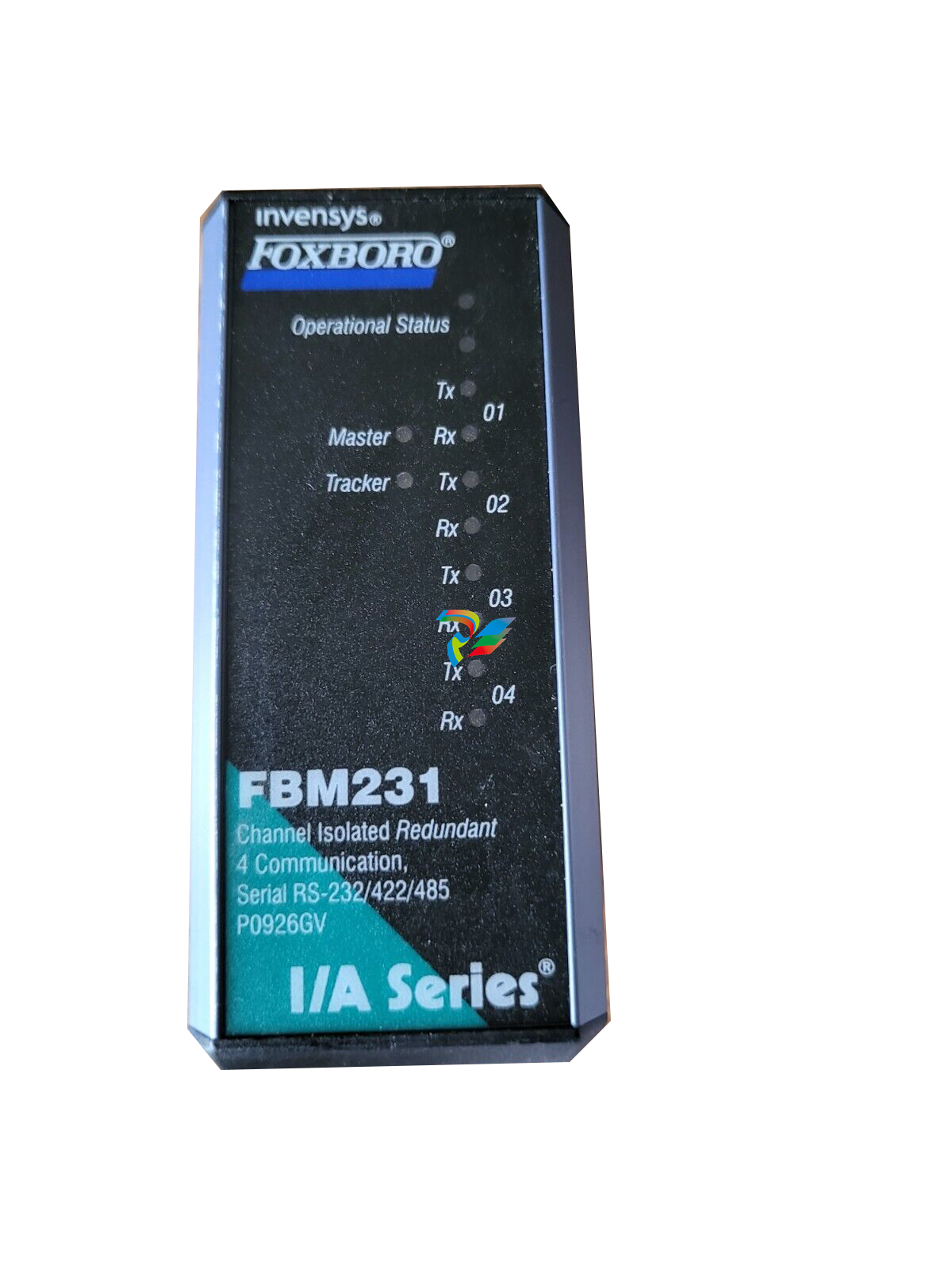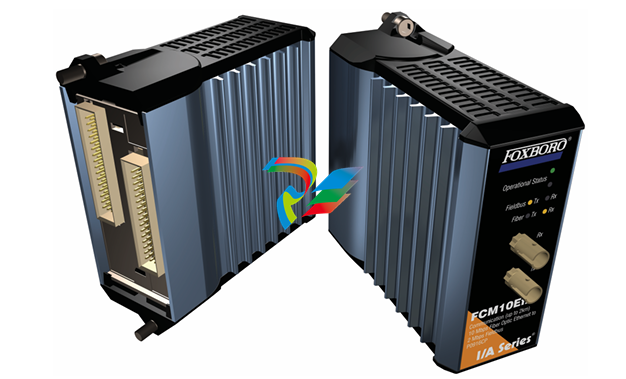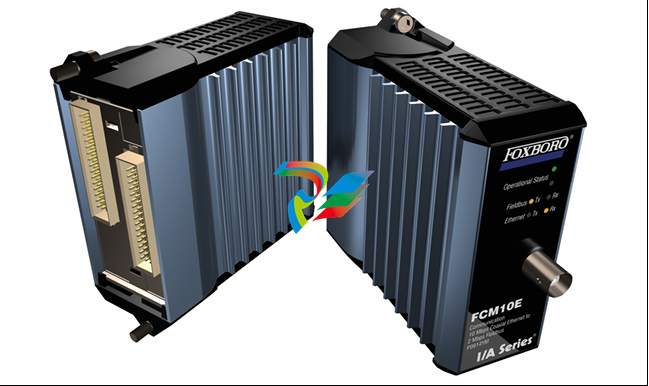
What Trump’s 2nd Term Might Mean for Manufacturing
The votes are in, and Donald Trump will re-enter the White House in 2025 as the 47th President of the United States. Industry experts and associations are continually weighing in on the possible impacts of Trump’s second term on America’s manufacturing sector. Let’s look at some of these expected changes, including potential challenges and benefits.
Tax and Trade Policies
Trump has suggested revisiting tax incentives provided under the Inflation Reduction Act (IRA). Industry experts are closely watching how the tax and trade policies on manufacturing will be altered and what impact this could have on the clean energy sector.
Since many manufacturers rely on these tax credits, especially the 45X credit aimed at green technology production in the U.S., some are concerned that any changes to these policies could slow down investment and job growth in up-and-coming tech areas. Industry experts also expect that deregulation could lead to more relaxed environmental and labor standards.
While such deregulation could cut costs for manufacturers by reducing compliance expenses, some sectors worry this may conflict with sustainability goals and worker protections. However, supporters feel that revising these tax incentives might be beneficial and create a wider range of economic opportunities for more traditional industries. Manufacturers are generally hopeful that less red tape could mean faster project approvals.
Domestic Manufacturing
Experts predict that, like the Biden administration, Trump will focus on reshoring—bringing production back to the U.S. from abroad. During his first term, Trump emphasized "America First” policies designed to strengthen domestic manufacturing. Despite this, the President-elect has been critical of the Biden administration’s CHIPS and Science Act, which was introduced for the very same purpose.
The CHIPS Act allocates funding to support semiconductor production in the U.S. and reduce dependence on foreign supply chains, but Trump has called the initiative "bad.” He posits that instead of tax credits and subsidies for companies to build chip factories in the U.S., high tariffs on imports should be imposed to push them to do the same thing.
This would raise the costs for manufacturers who rely on global supply chains, and could cause extended trade tensions and disruptions. Supporters of these plans argue that they would benefit domestic industries, strengthen high-tech production within the country, bring in more investments, create jobs, and overall make a more favorable market for U.S.-made products.
It’s very likely that Trump will restructure (or perhaps even defund) the CHIPS Act as soon as he takes office, but some experts fear that companies being required to shift production too quickly will lead to increased operational costs, strain budgets, and potentially require cuts to social programs.
Clean Energy and EVs
Trump will likely scale back existing support for transport electrification. He has already revealed plans to rein in or even completely scrap some of the vehicle emissions standards put in place by the Environmental Protection Agency (EPA).
Changes to funding for EV manufacturing could impact companies investing in battery and EV production plants. Clean energy advocates, such as the National Association of Manufacturers (NAM), are concerned that reducing these incentives could undo the recent progress toward a more sustainable manufacturing sector.
Trump and his supporters object to EV adoption being forced upon consumers and believe that EVs could have a negative effect on the country’s automotive industry. They feel that reducing these green subsidies will allow the U.S. to focus instead on other high-impact manufacturing areas. American Trucking Associations President and CEO Chris Spear said replacing the EPA’s electric truck plans with achievable emission standards is a more realistic goal.
Labor and Workforce Development
During his first term, Trump’s administration backed initiatives for technical and vocational training to support a skilled workforce. This has led some to express optimism that Trump’s policies could lead to job growth in traditional manufacturing roles.
With continued labor shortages in manufacturing, particularly in specialized areas like semiconductor manufacturing, experts predict that the next administration could renew efforts to invest in skills training, which is beneficial and necessary for companies to meet rising production demands.
However, there’s concern that policies favoring less regulation could lead to conflicts with labor organizations advocating for improved worker protections. There’s also the worry that focusing on traditional industries might reduce investment in green technology, hampering long-term sustainability efforts.
Manufacturing Under Trump’s Second Term—Conclusion
A second Trump presidency is expected to bring several changes to America’s manufacturing industry, with potential tax incentive revisions, a focus on reshoring and addressing labor shortages, and re-evaluation of the support for green technology. Ultimately, manufacturing companies and associations just want clear and consistent policies so that they can make strategic investments.
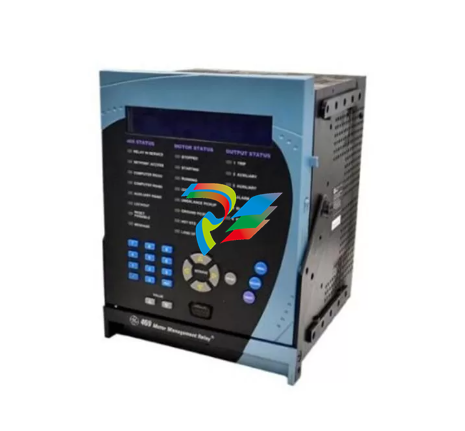
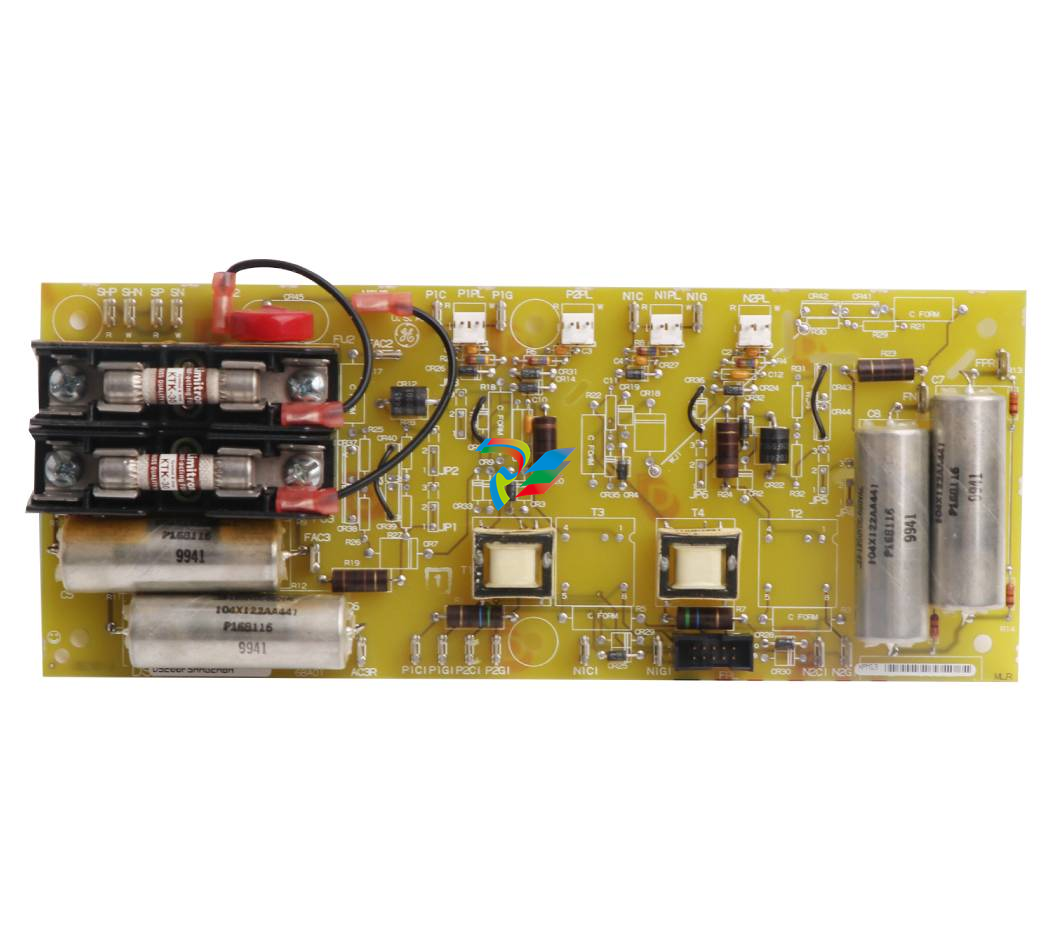
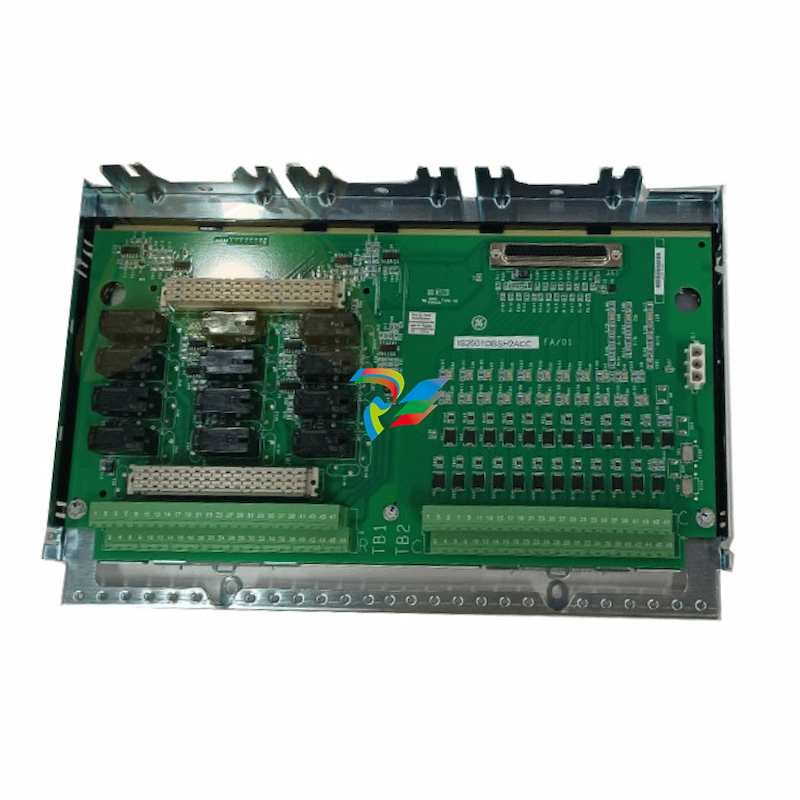
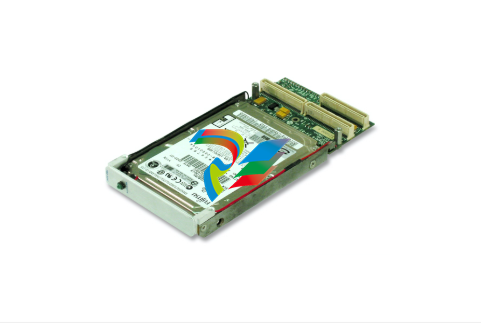
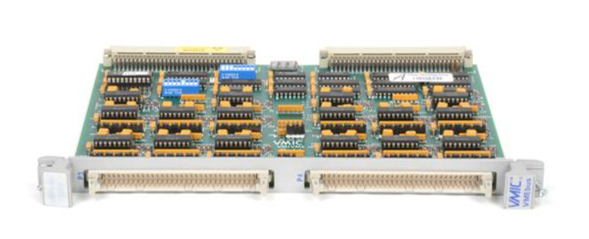
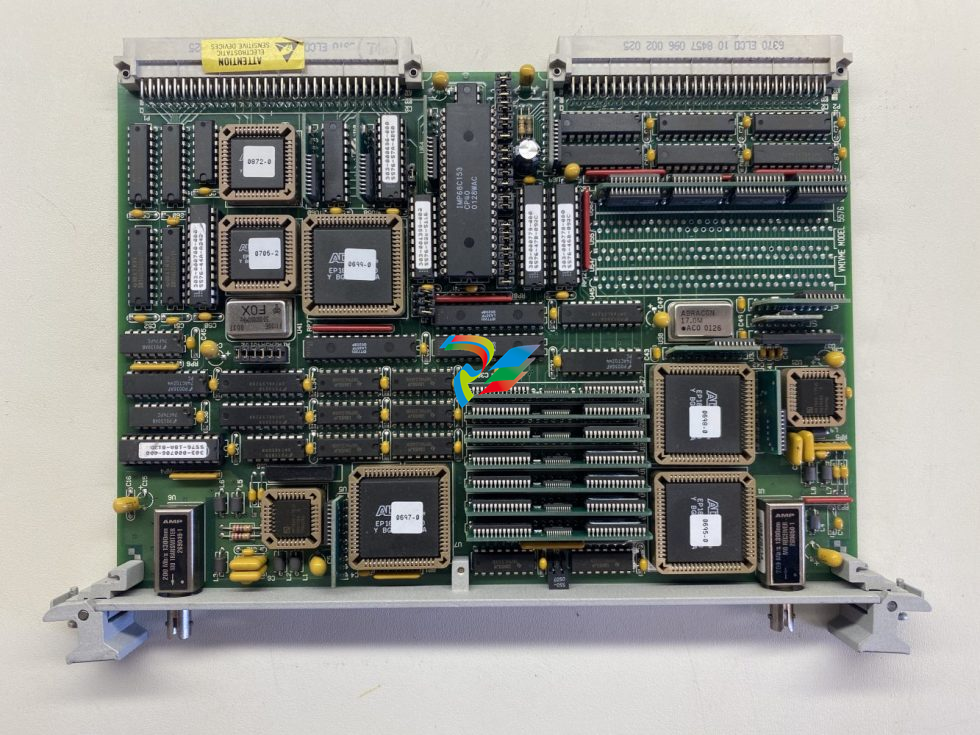
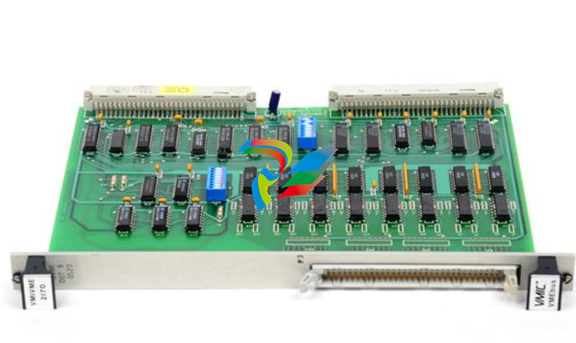

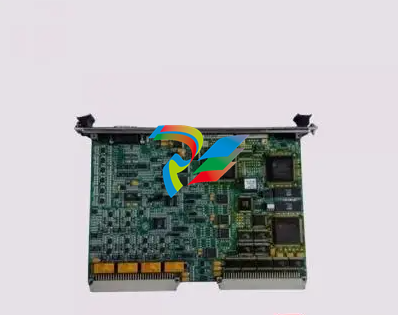
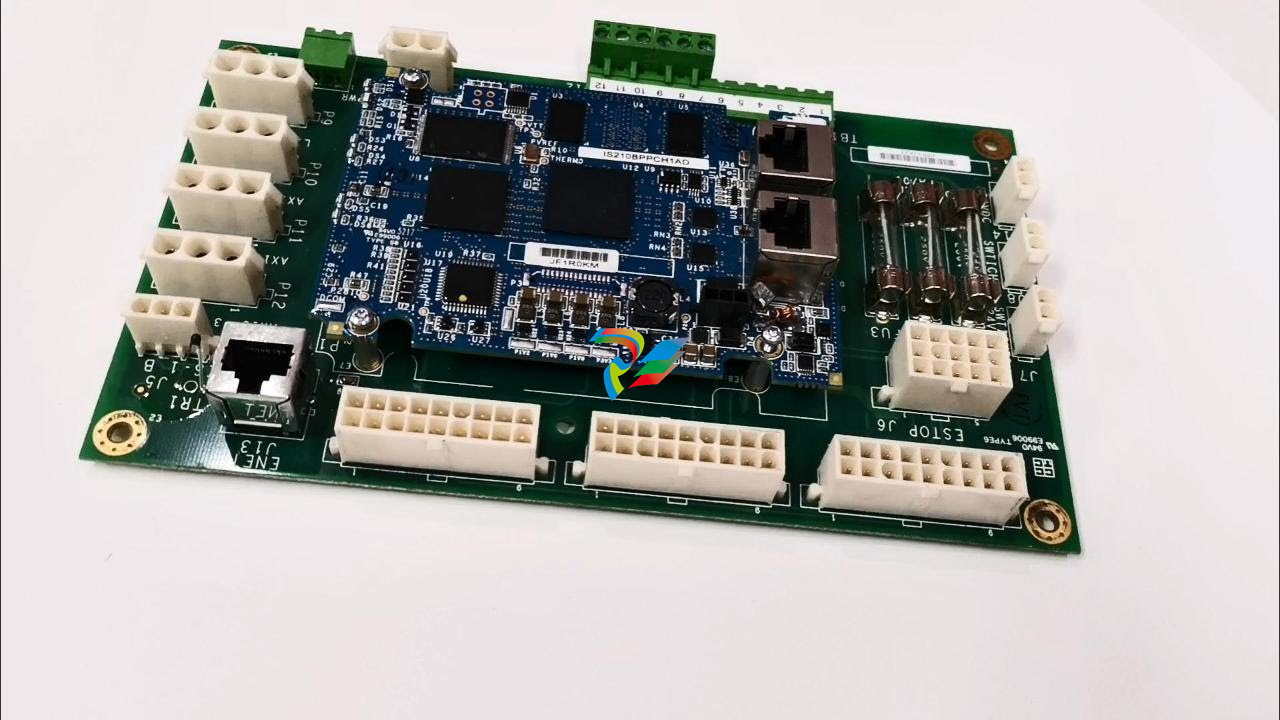
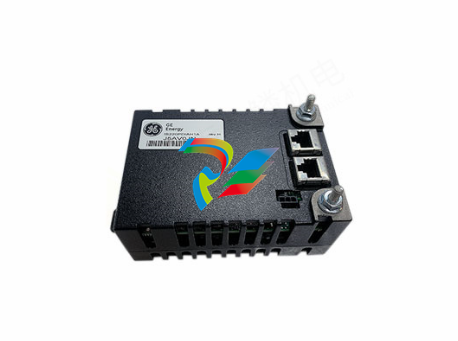
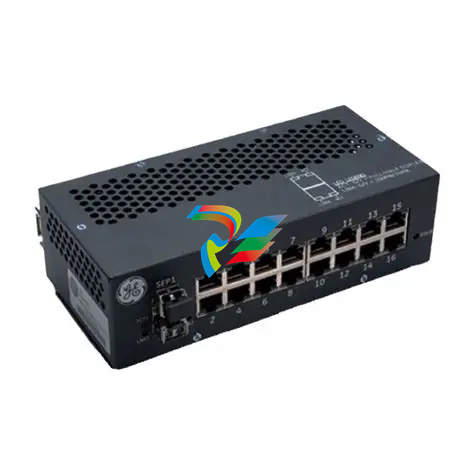
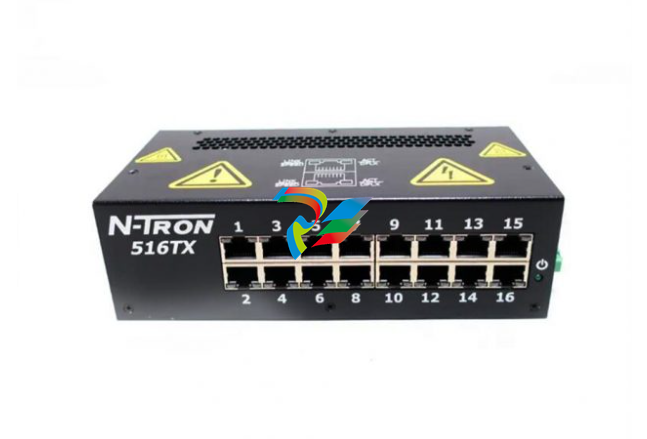
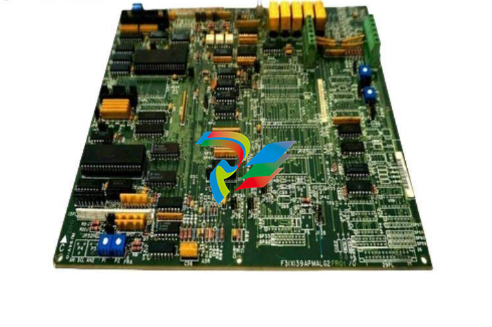
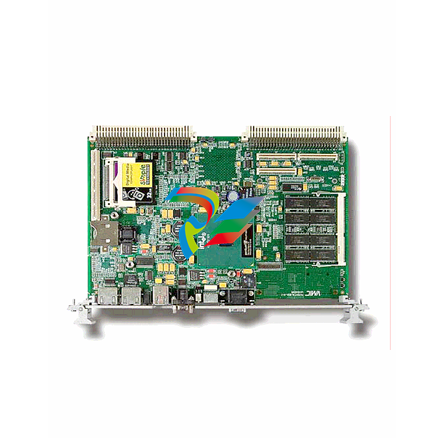
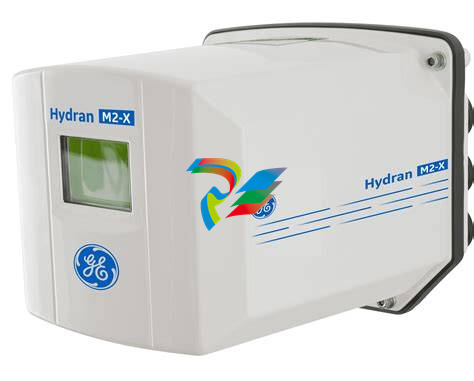

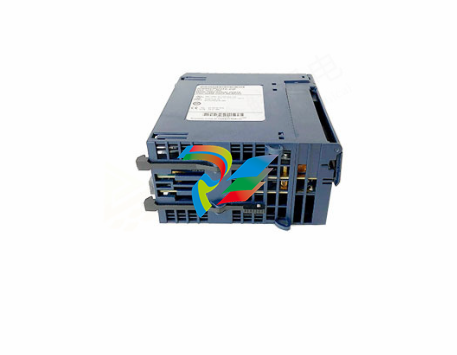
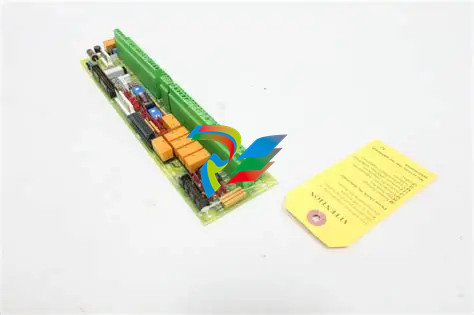
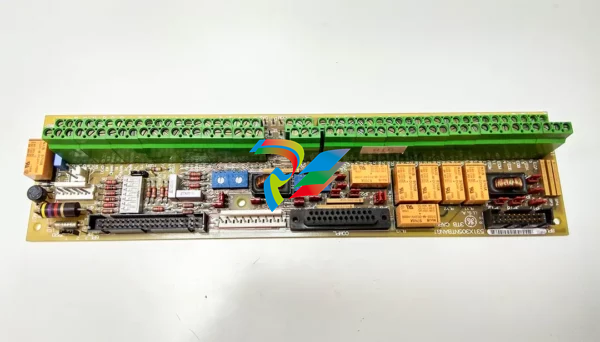
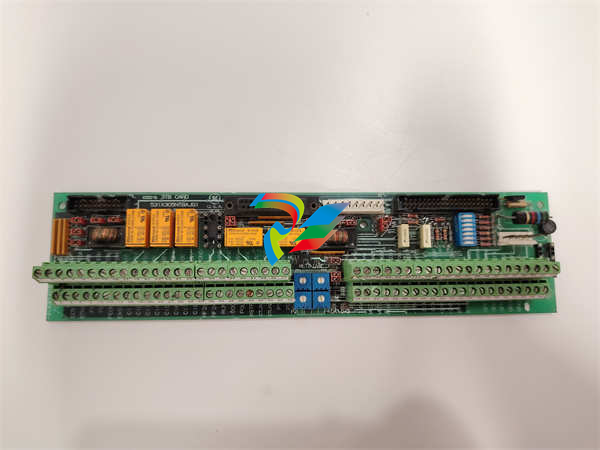

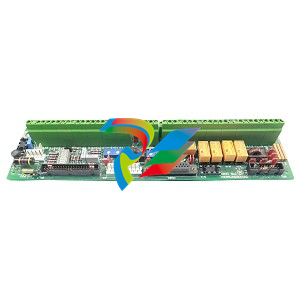
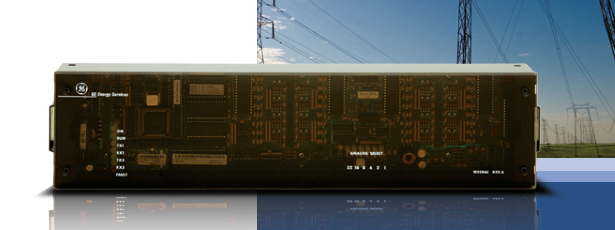
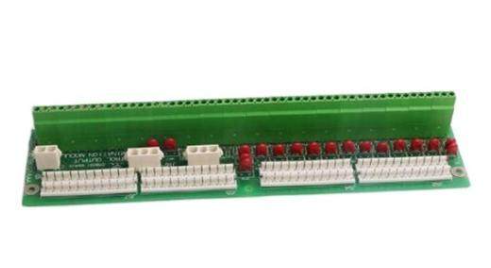
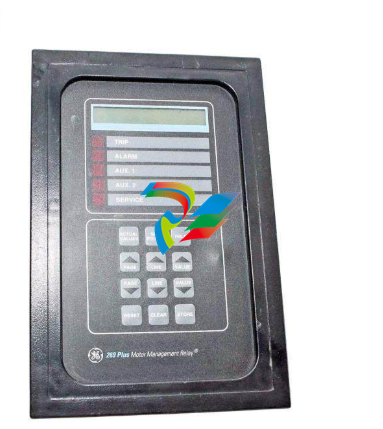
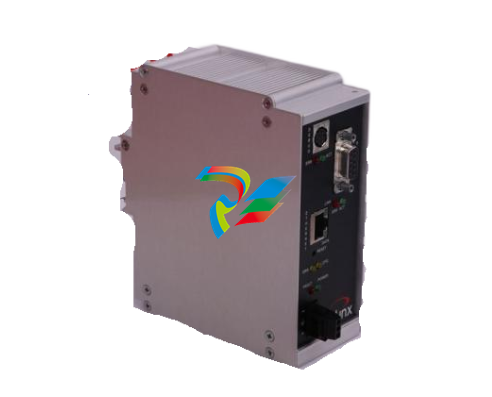
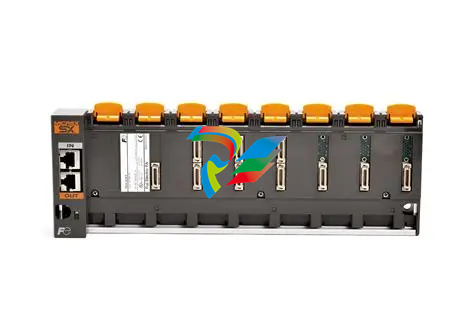

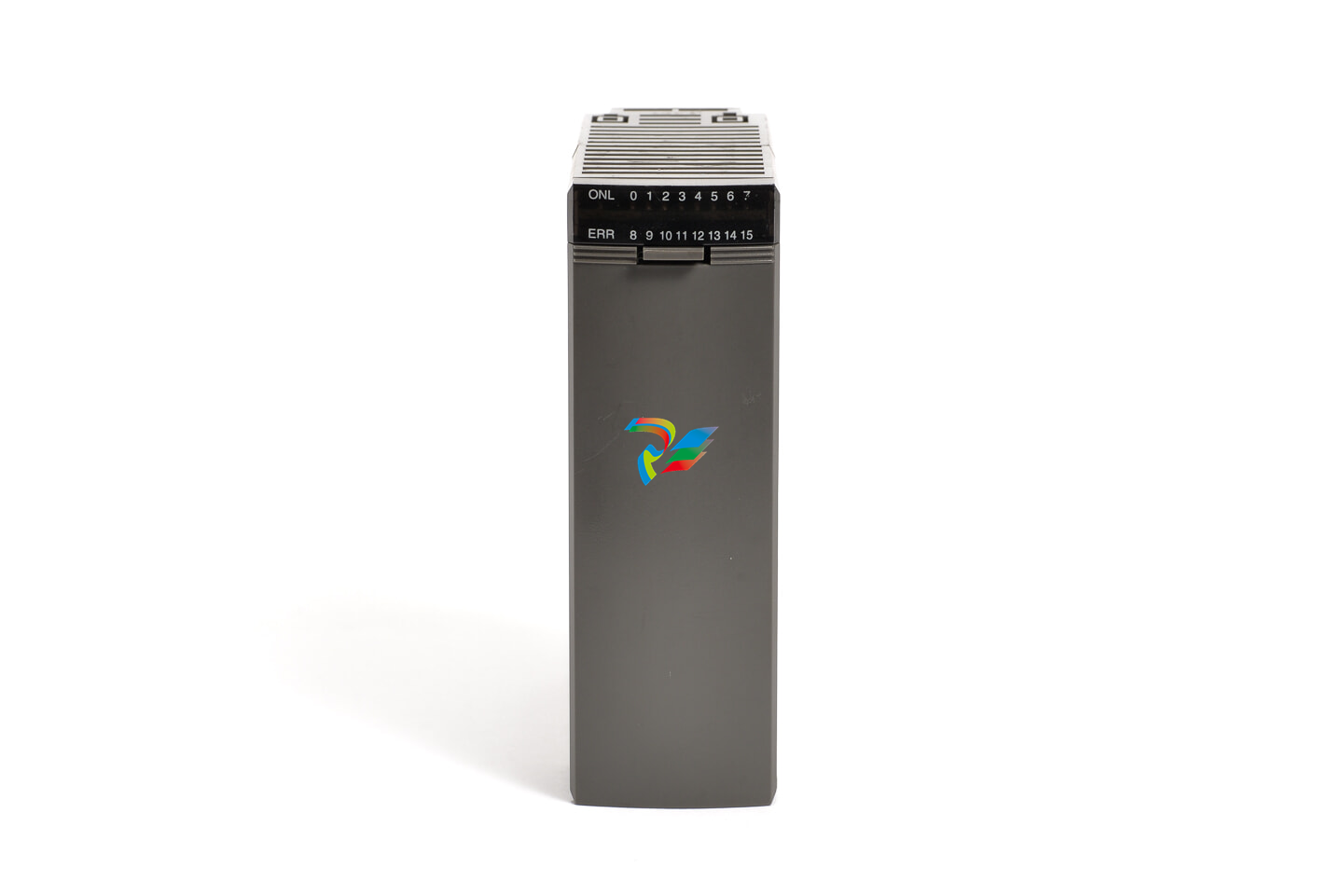
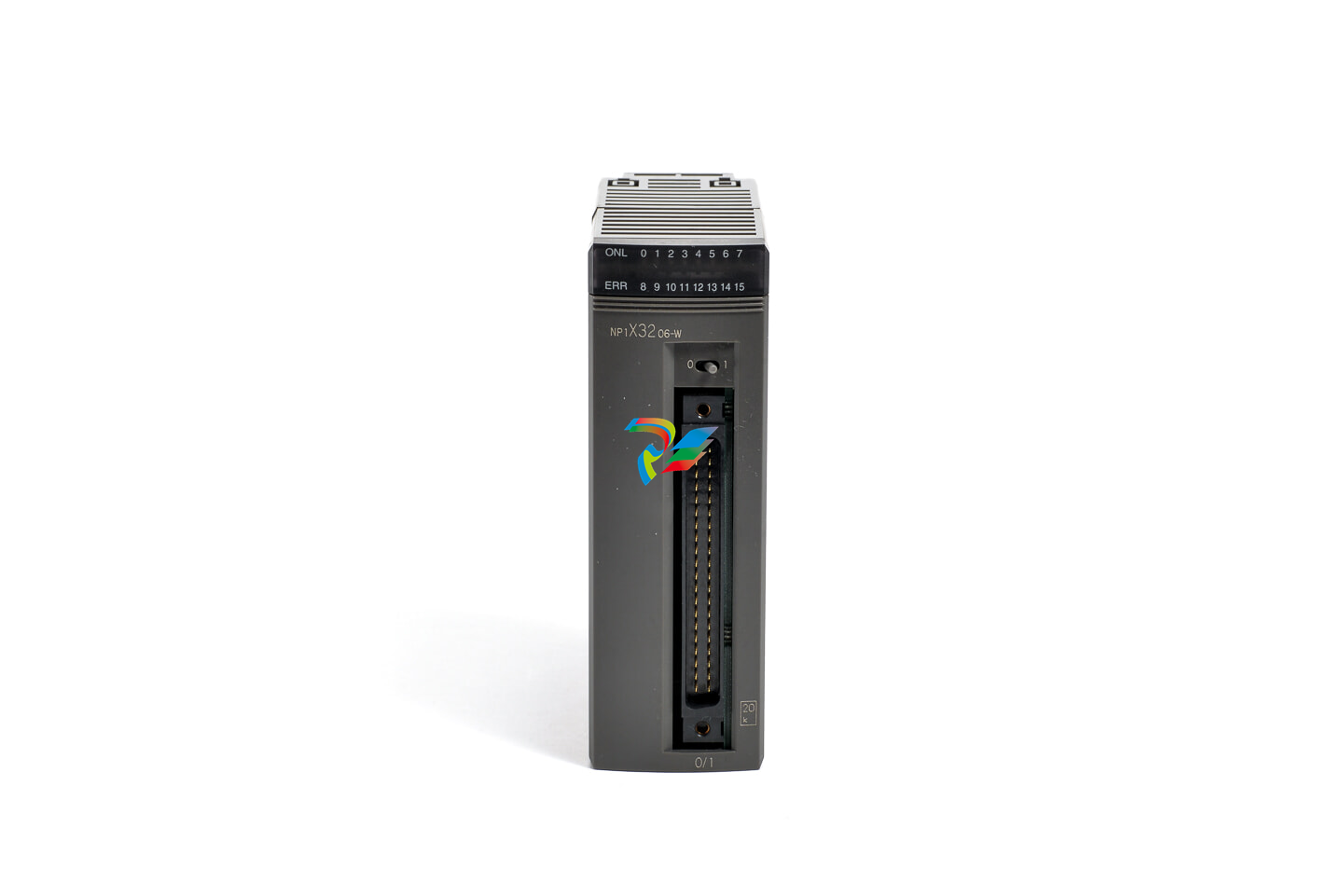
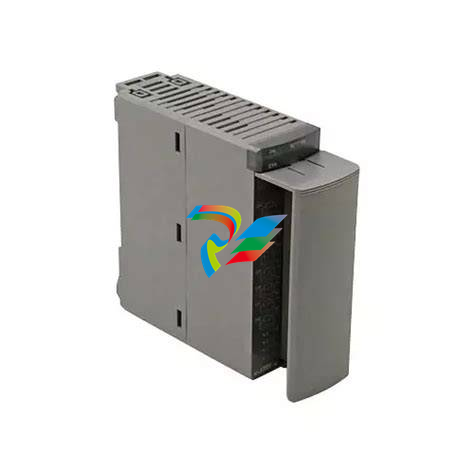
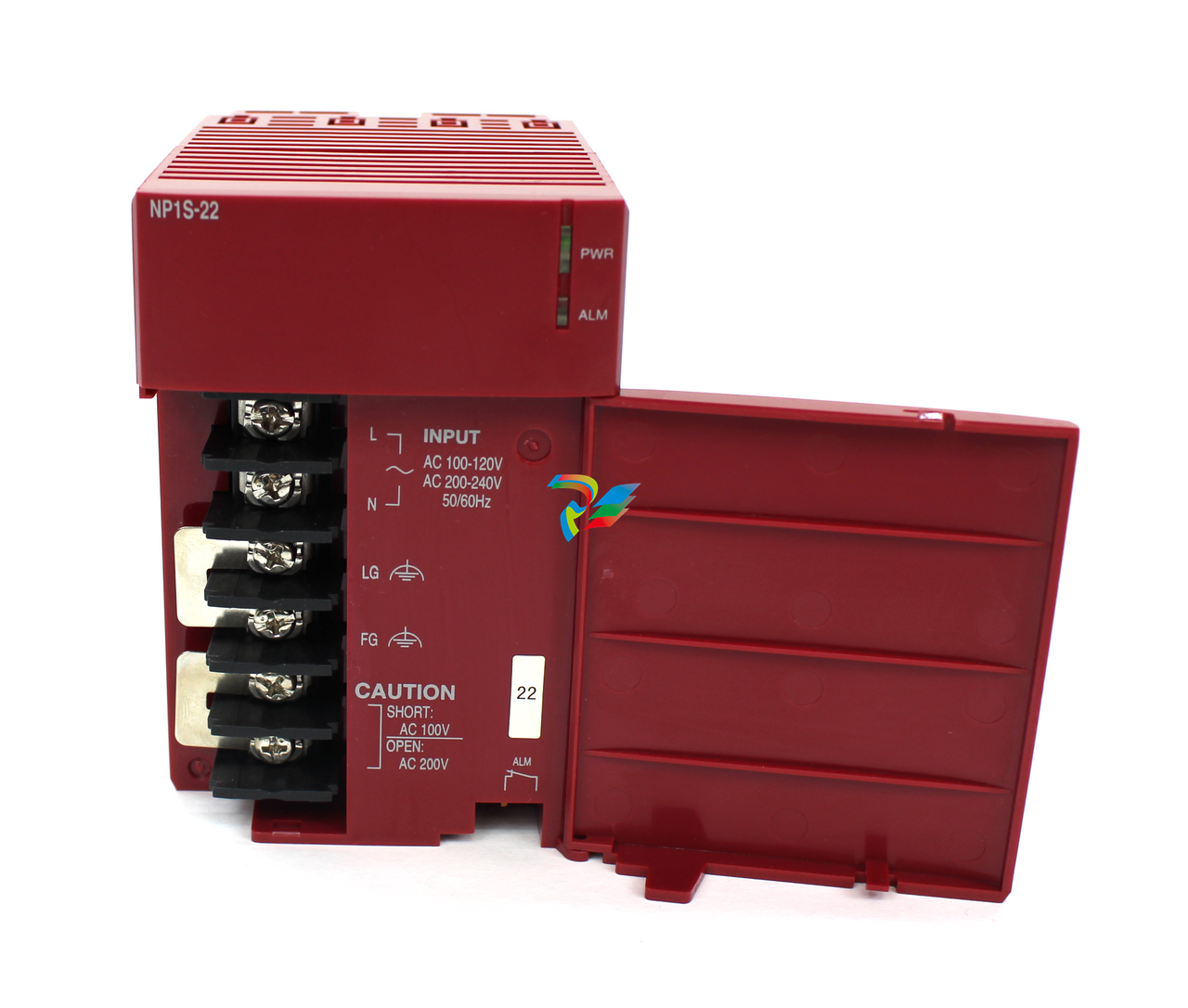
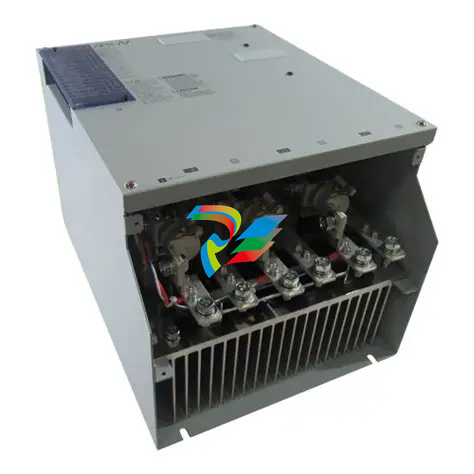
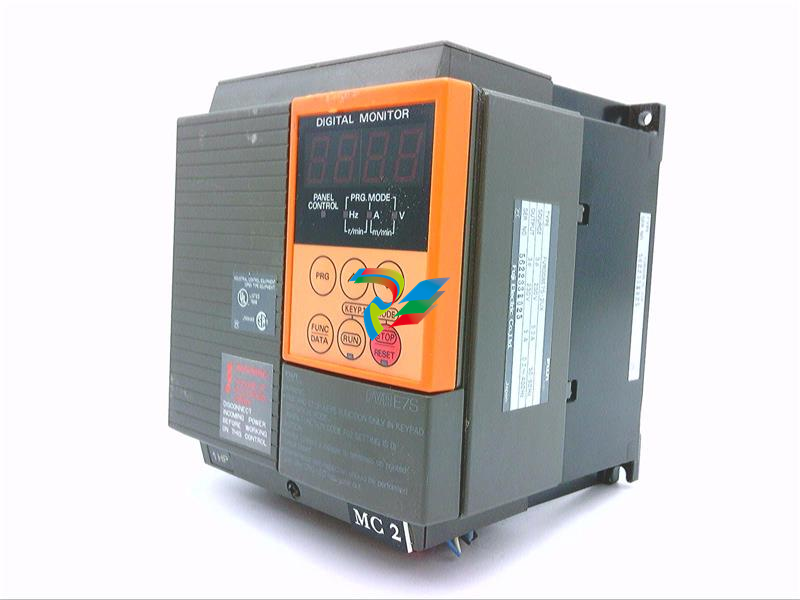
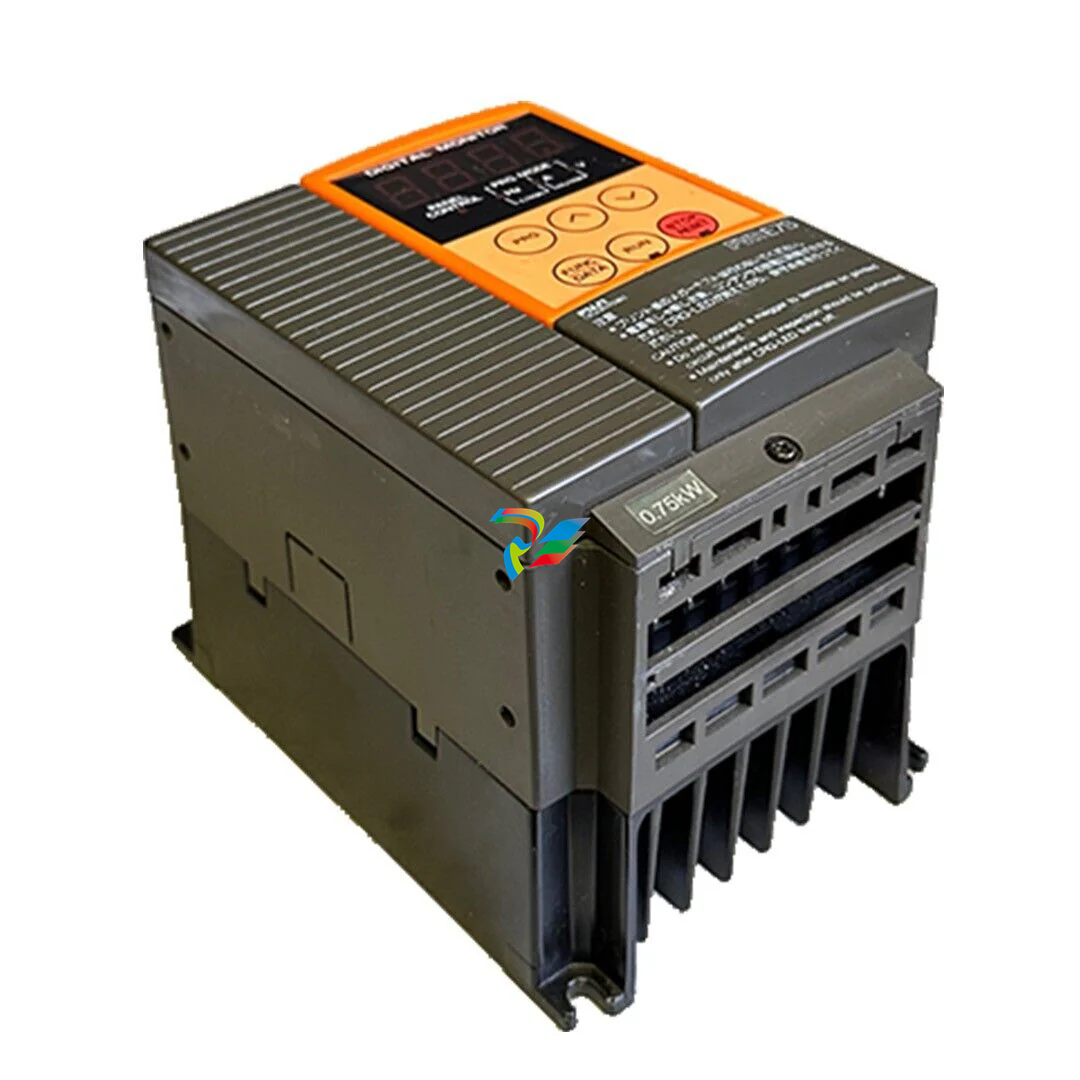
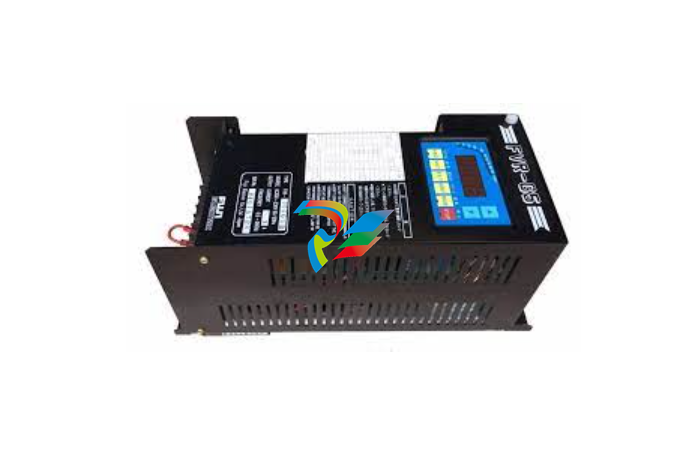
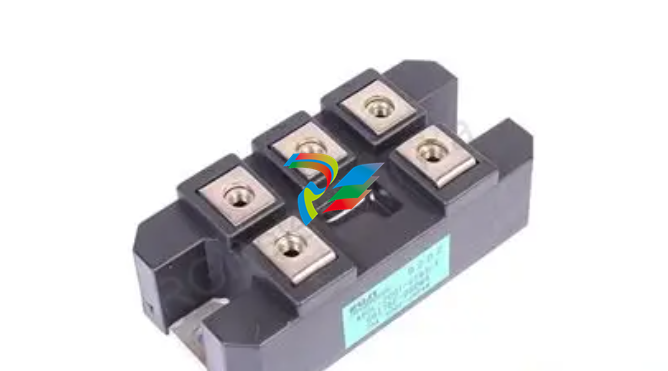
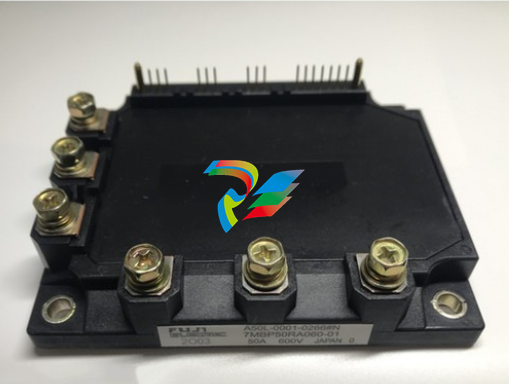

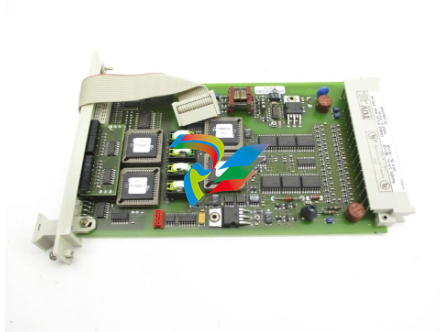
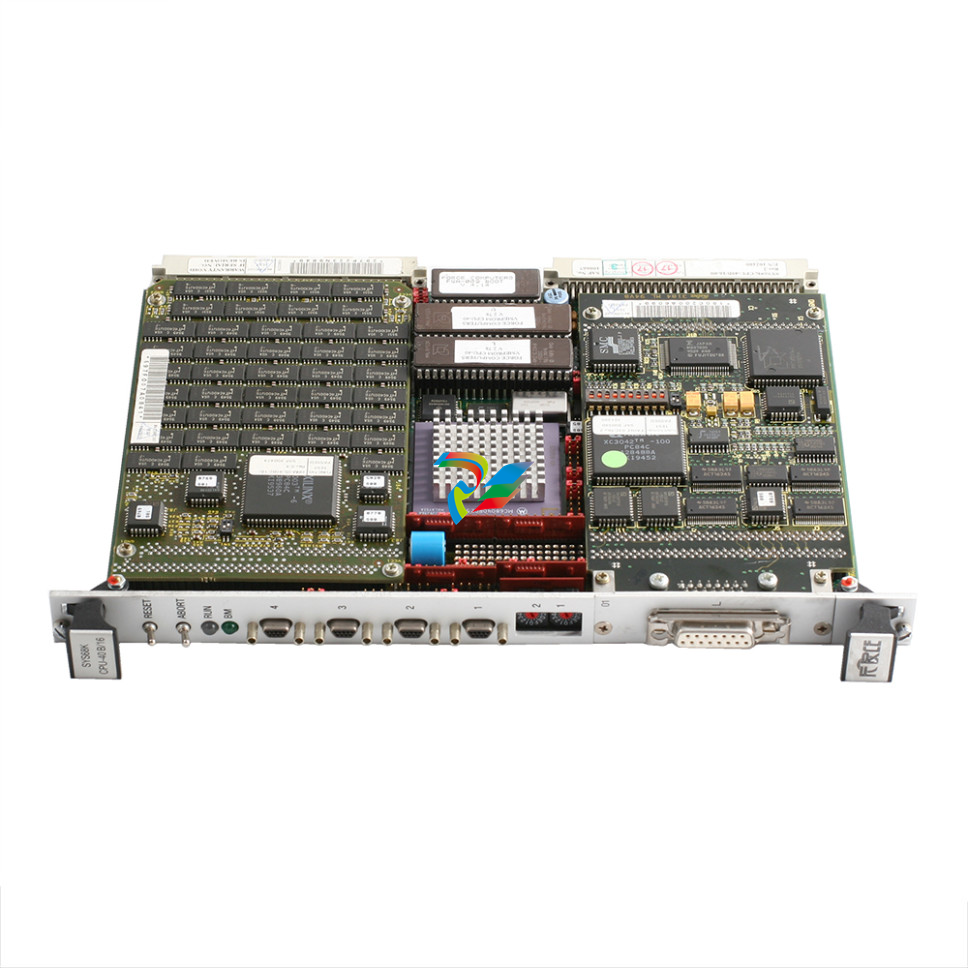
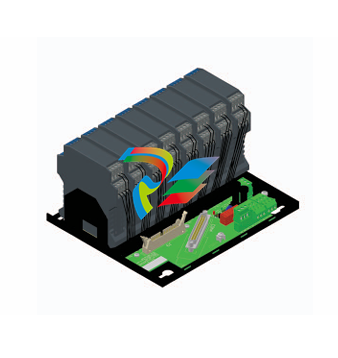

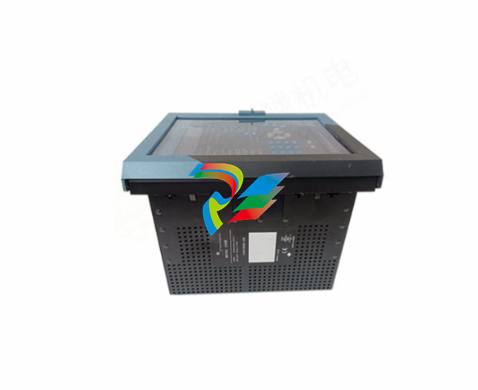
.jpg)
.jpg)
.jpg)

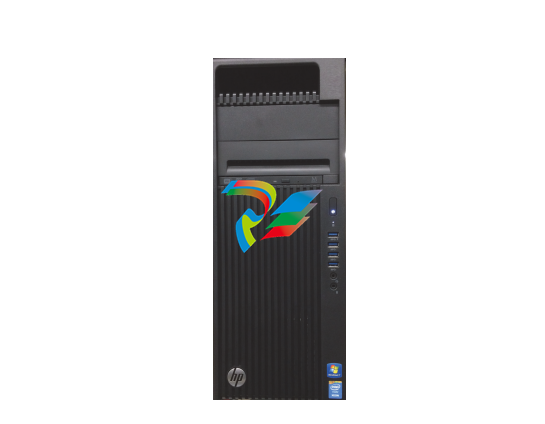
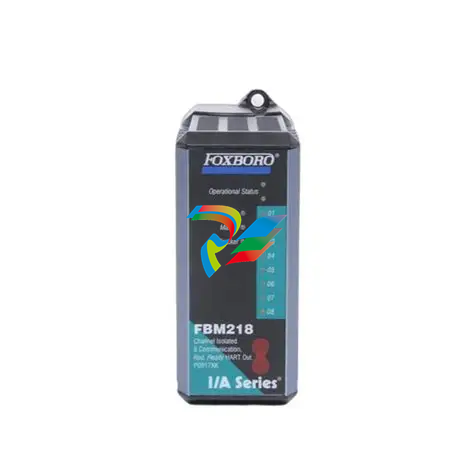
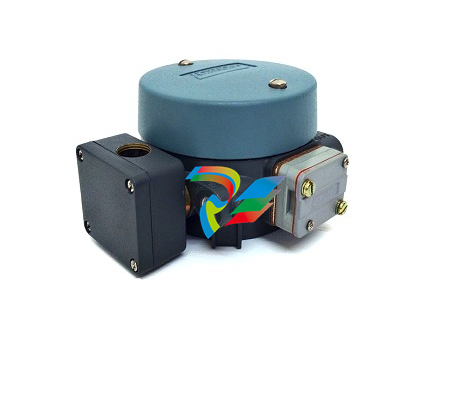
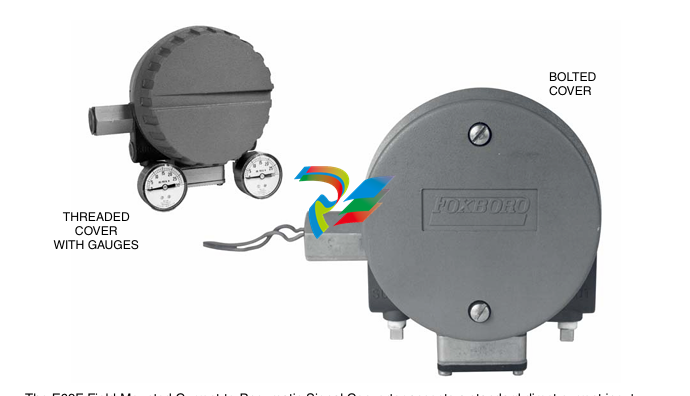
.jpg)
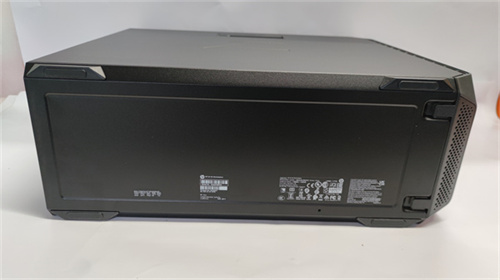
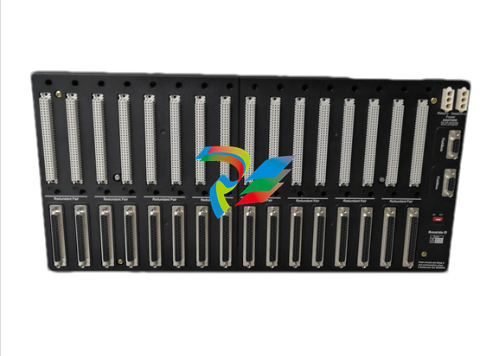
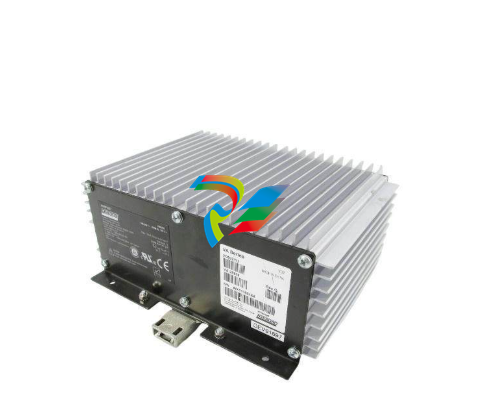
.png)
.jpg)
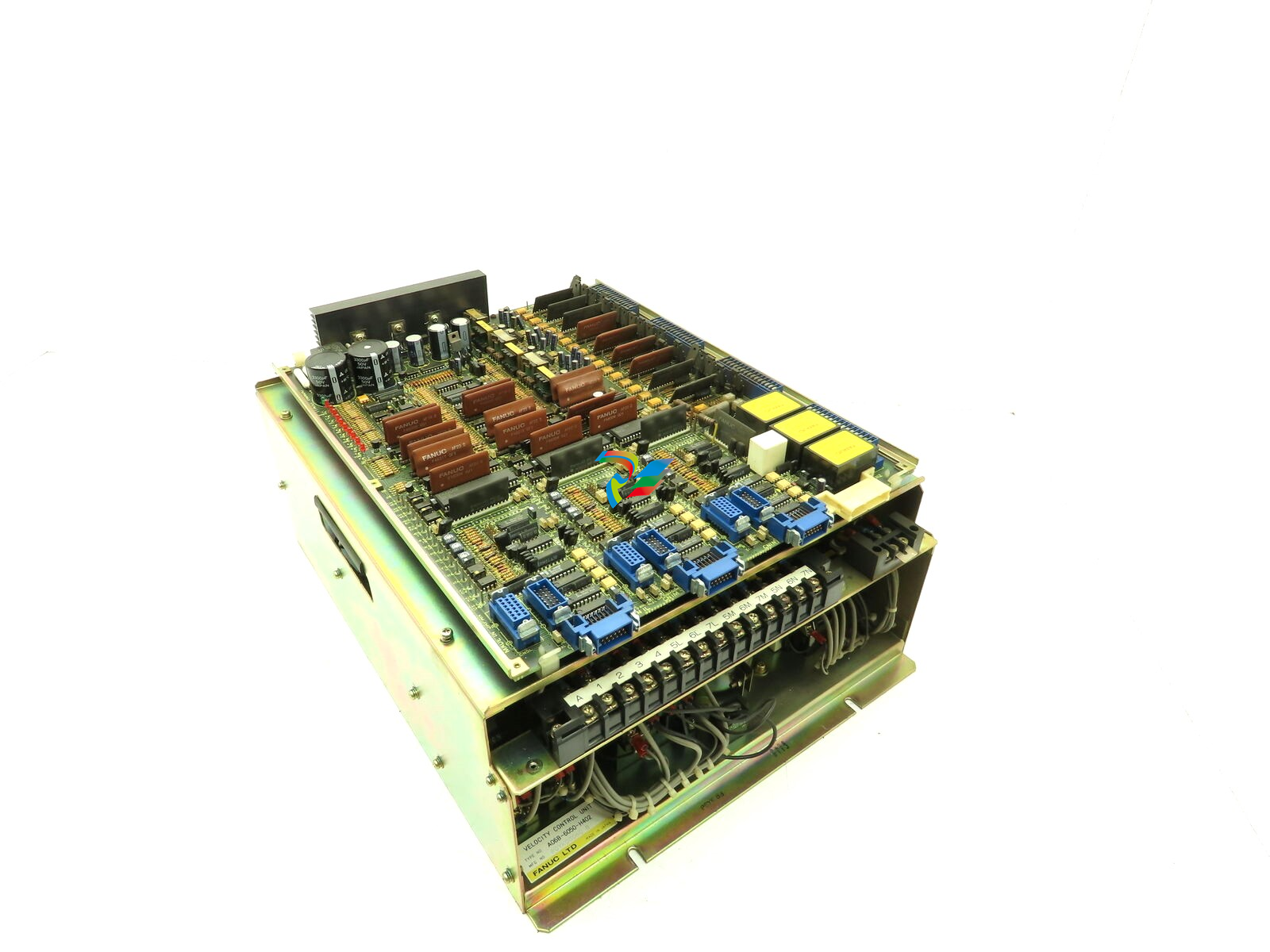
.jpg)
_lVjBYb.jpg)
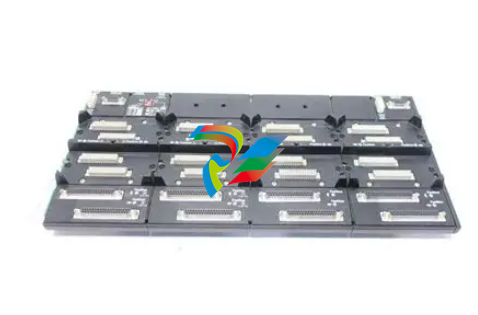
.jpg)
.jpg)
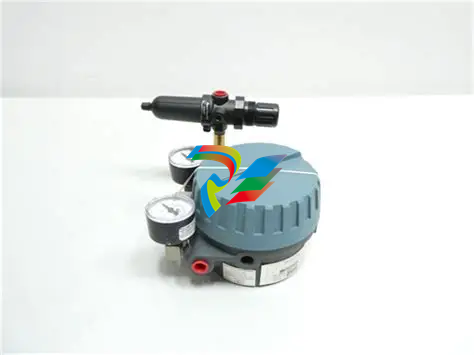
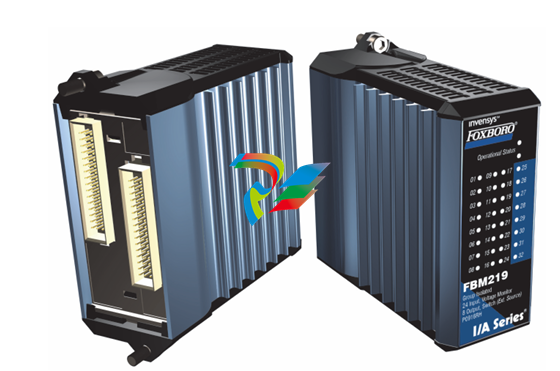
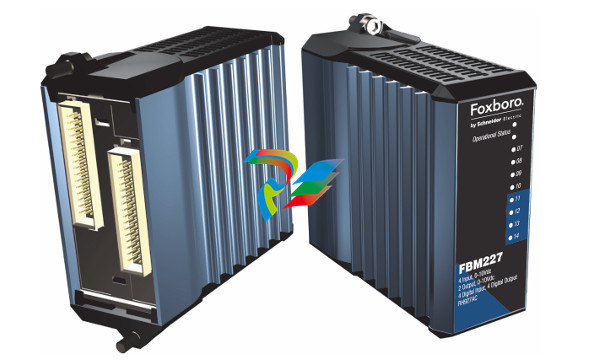
.jpg)
.jpg)
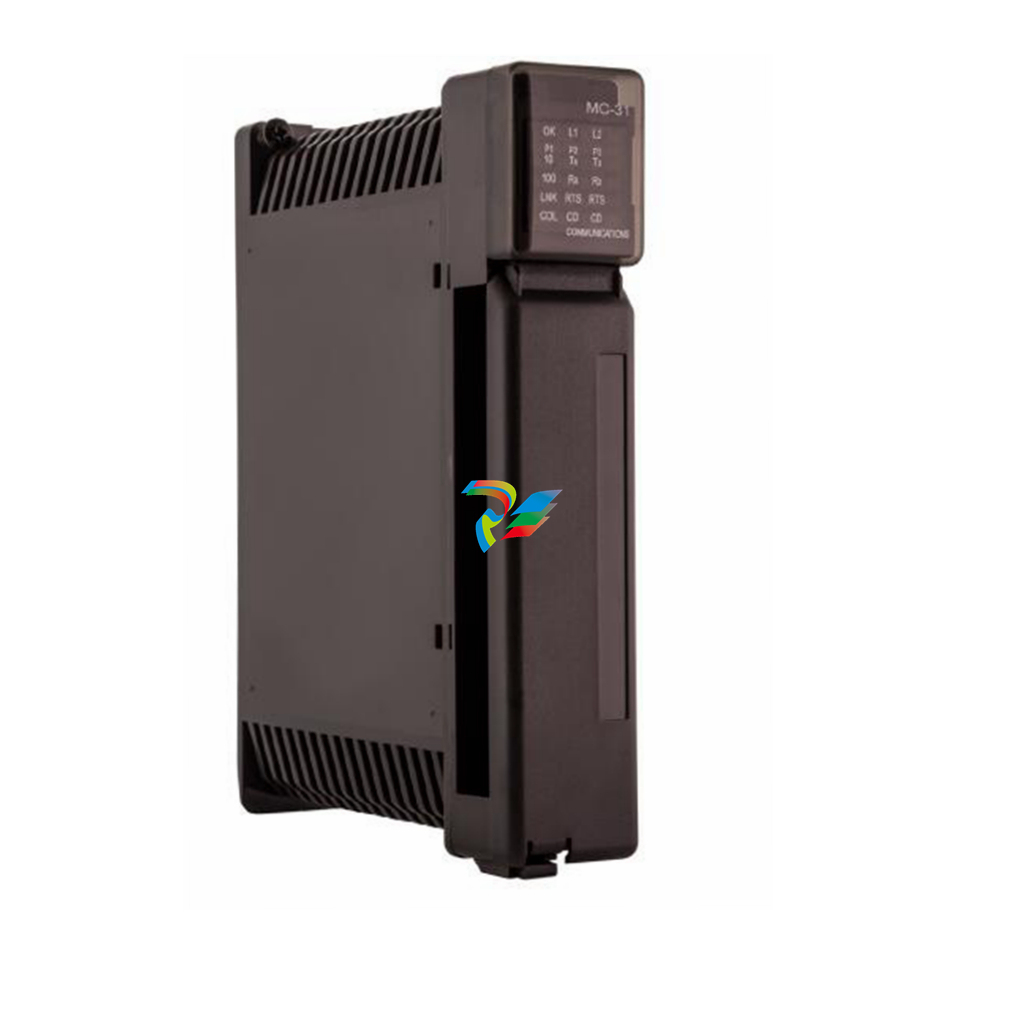
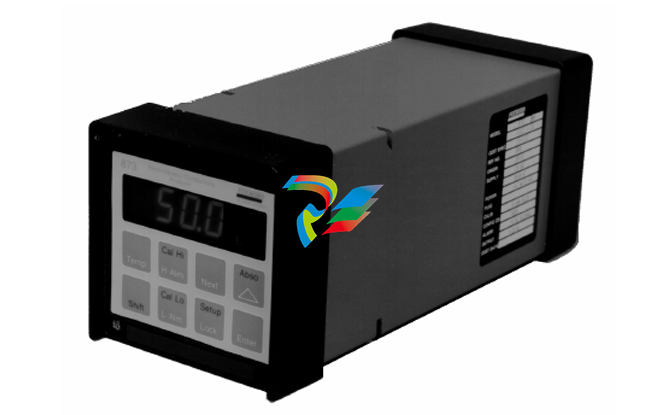
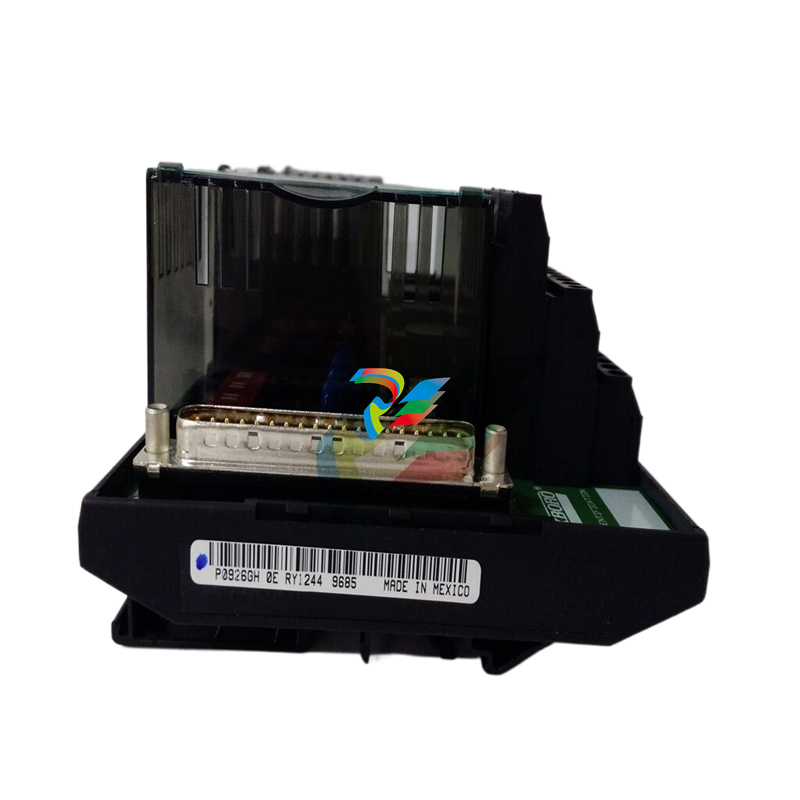
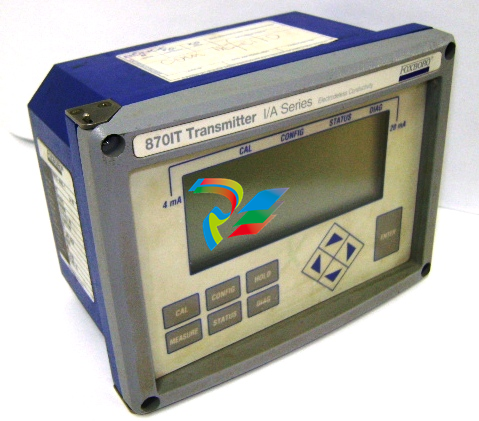

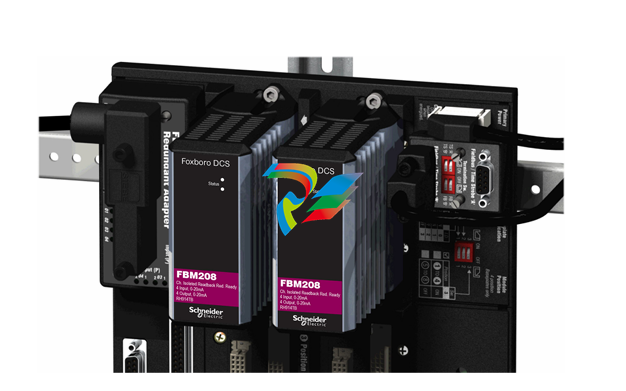
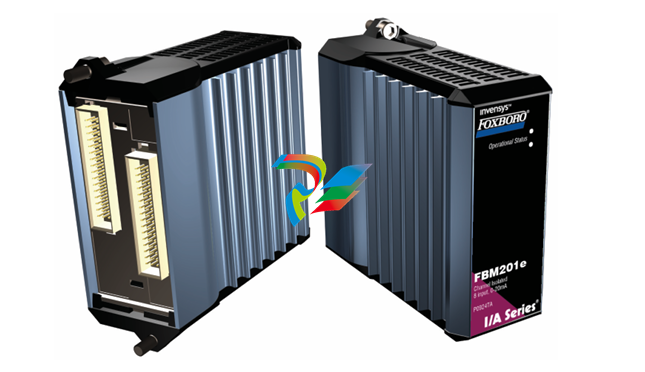
.jpg)
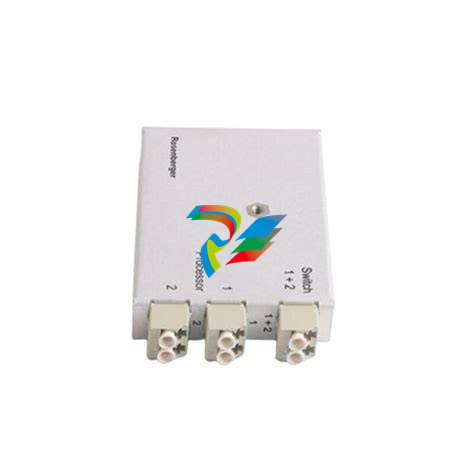
.jpg)
.jpg)
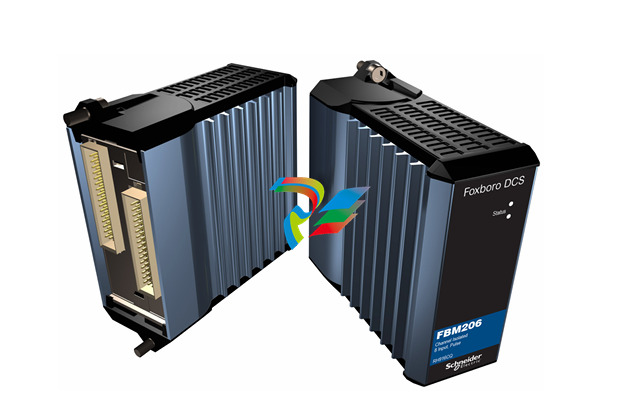
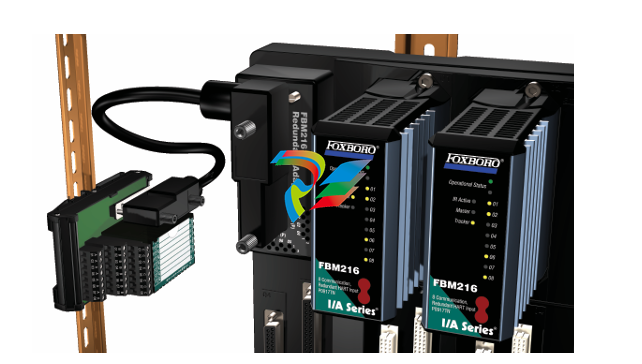
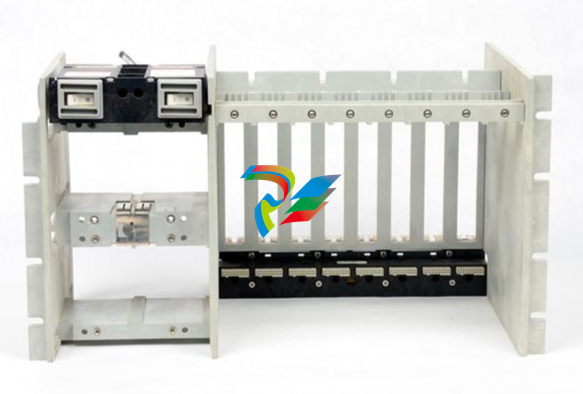
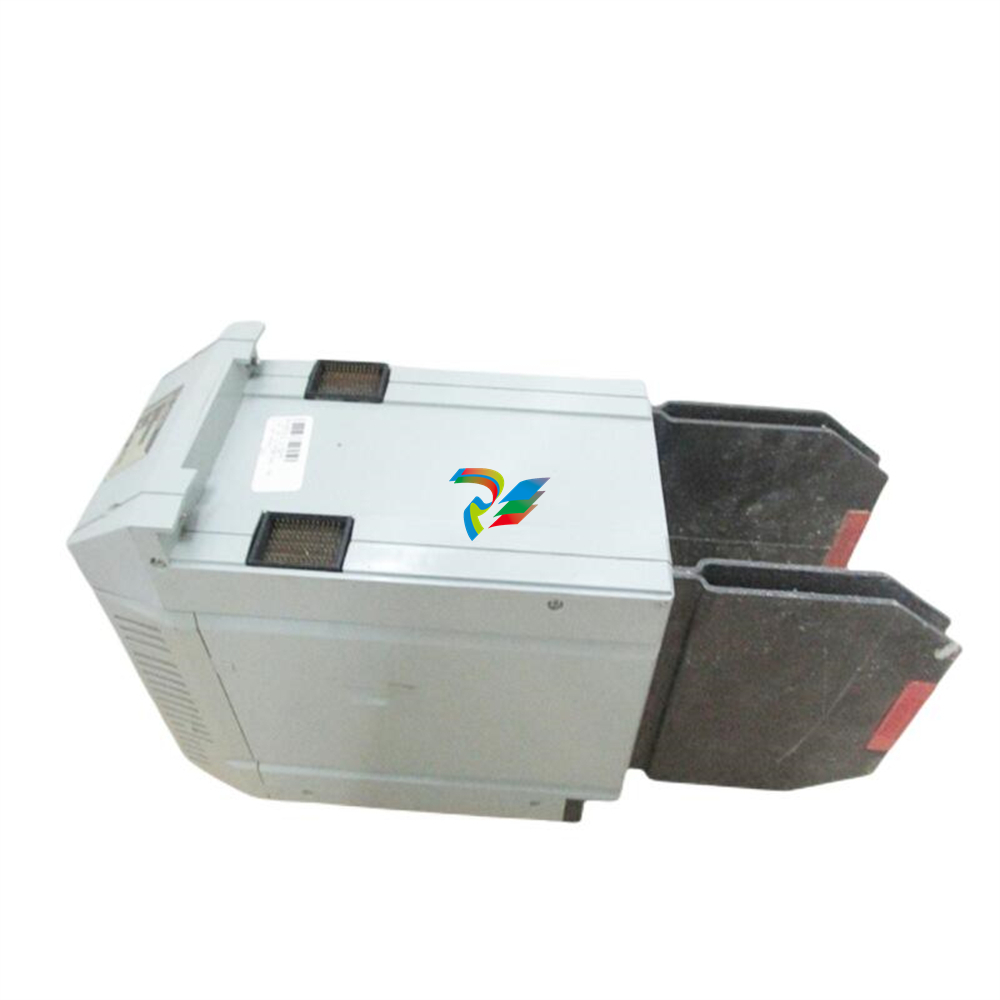
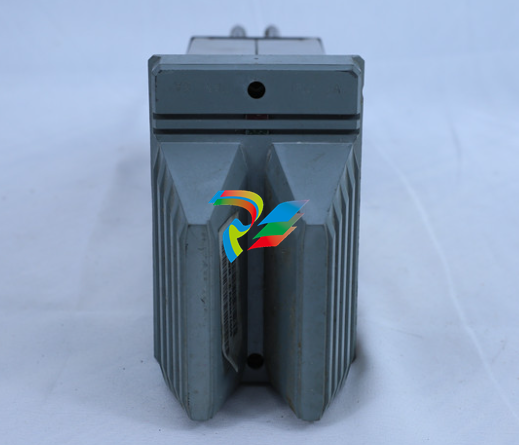
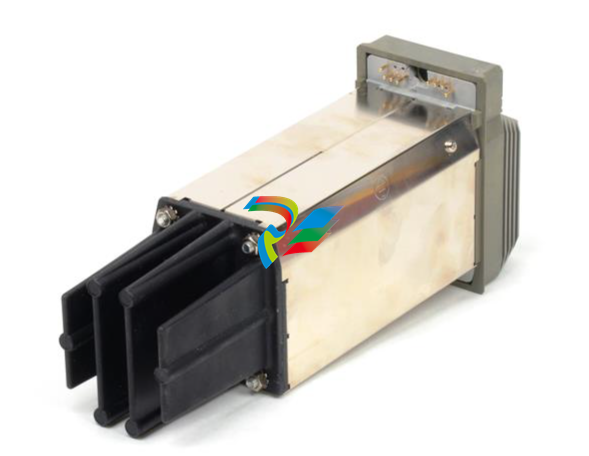
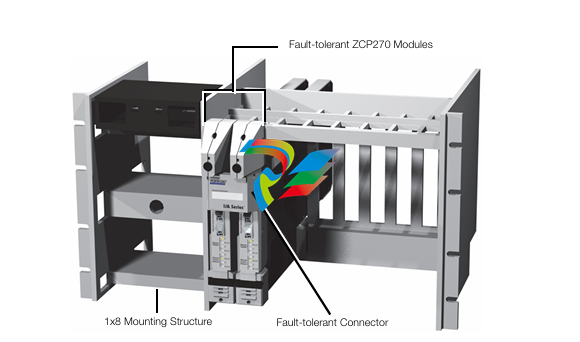
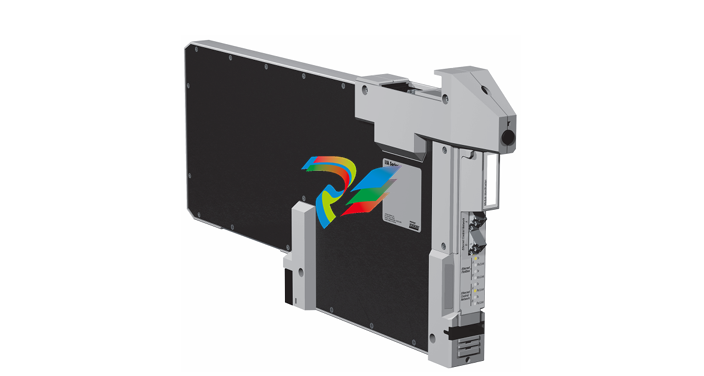
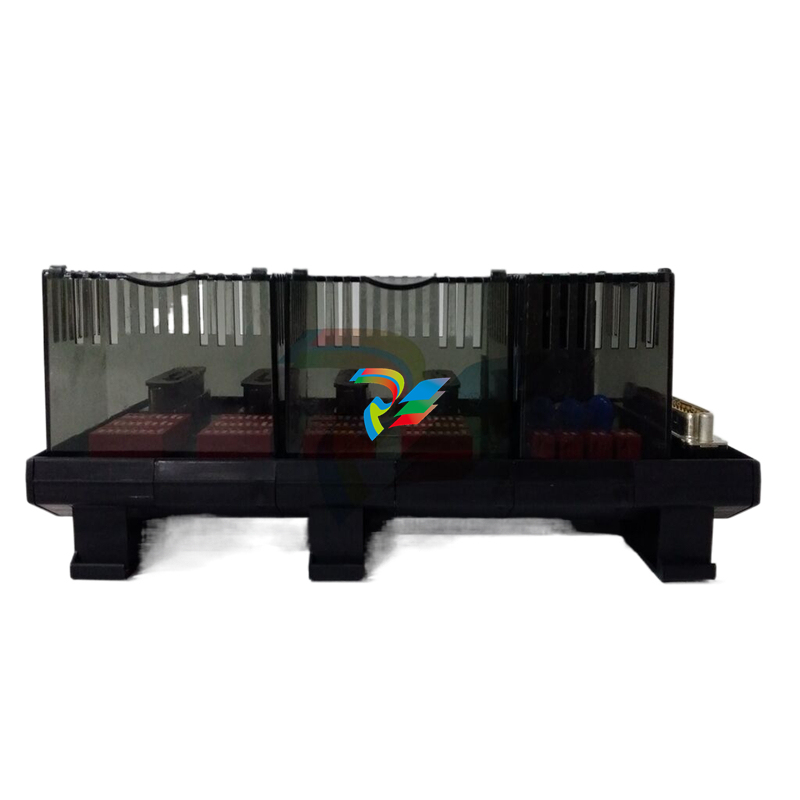
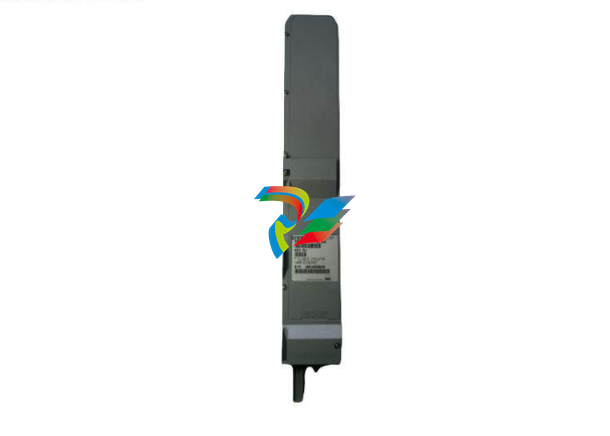
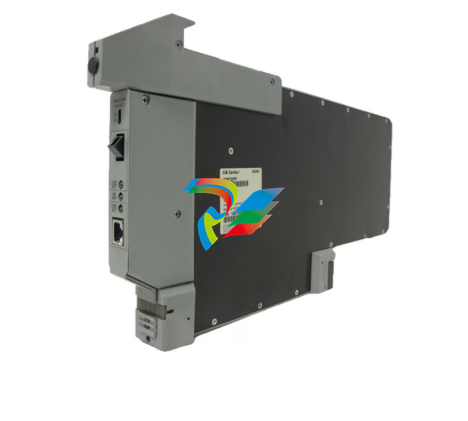
.jpg)
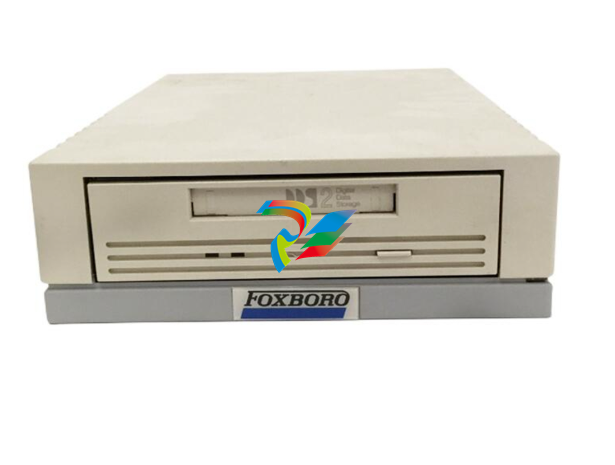
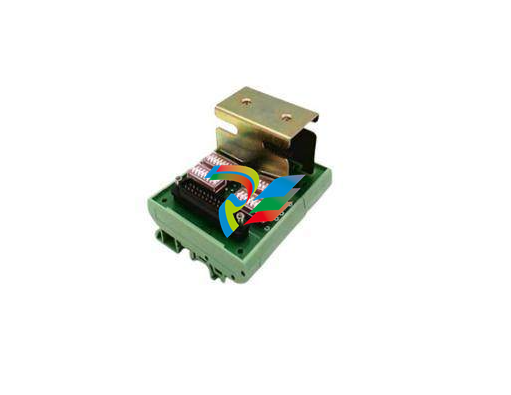

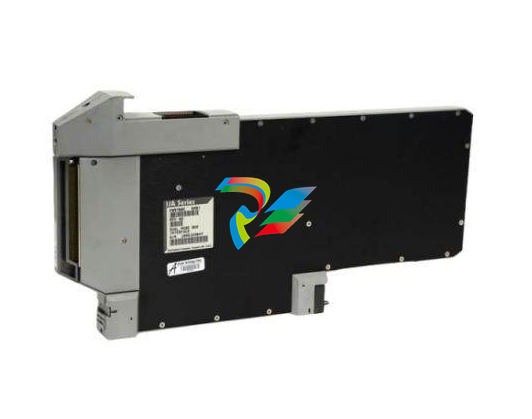
.jpg)
.jpg)
.jpg)
.jpg)
.jpg)
.jpg)
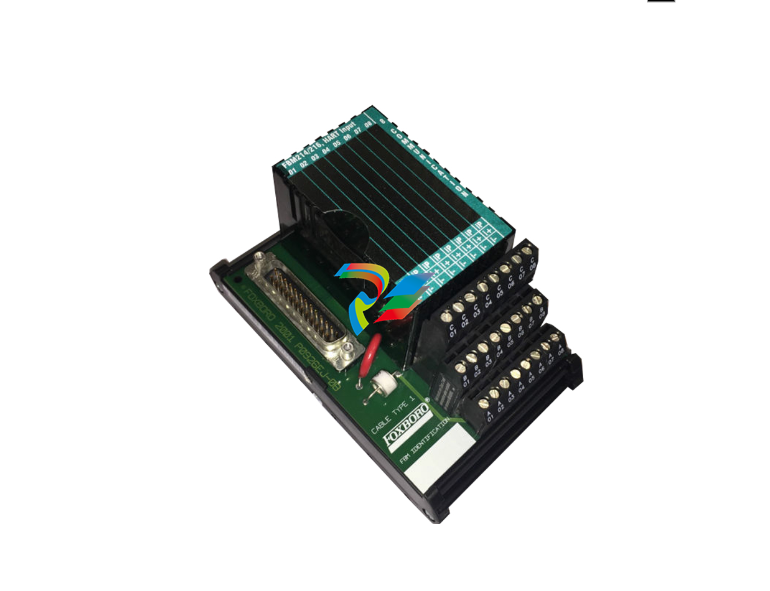
.jpg)
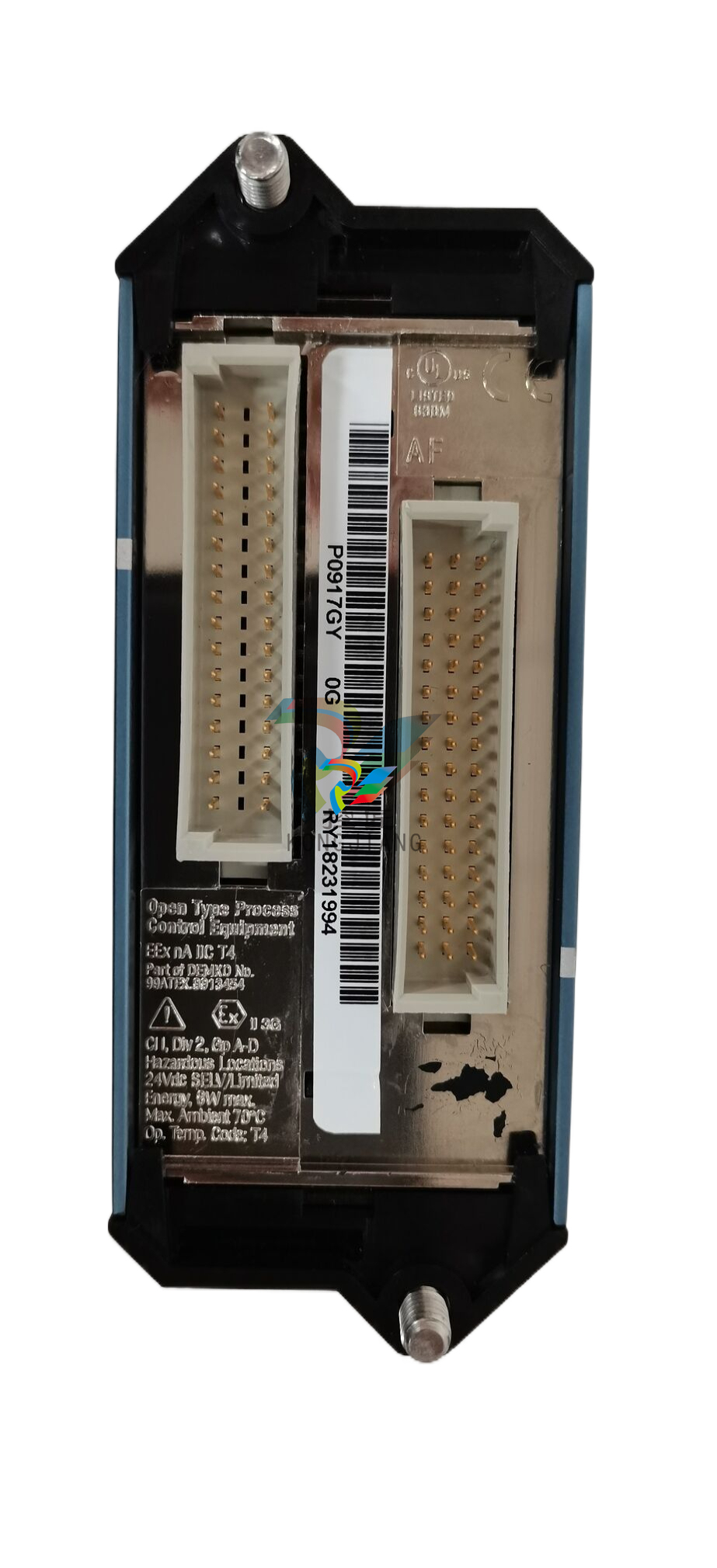
.jpg)
.jpg)
.jpg)

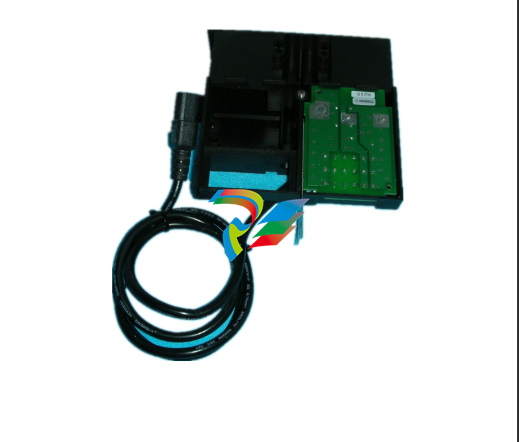
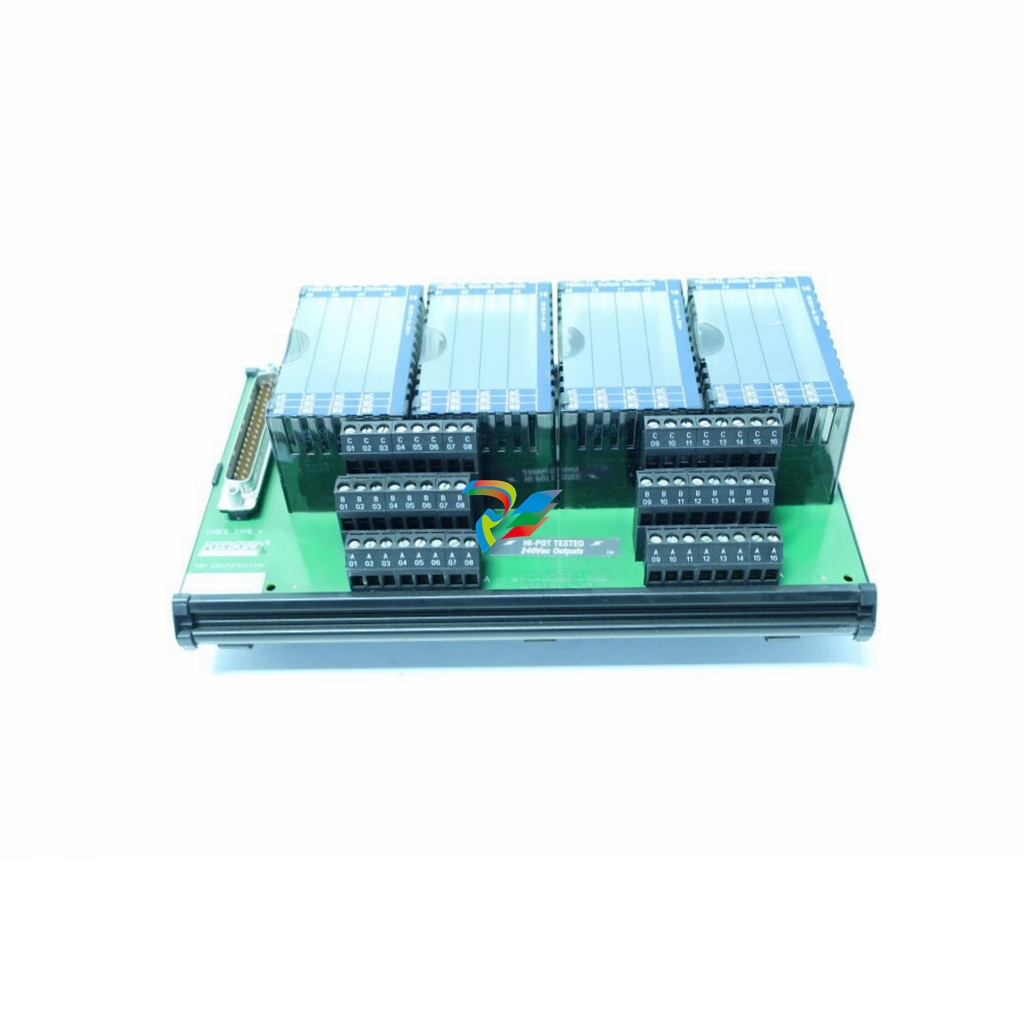
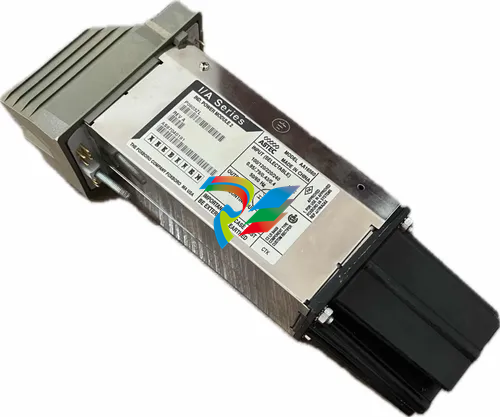

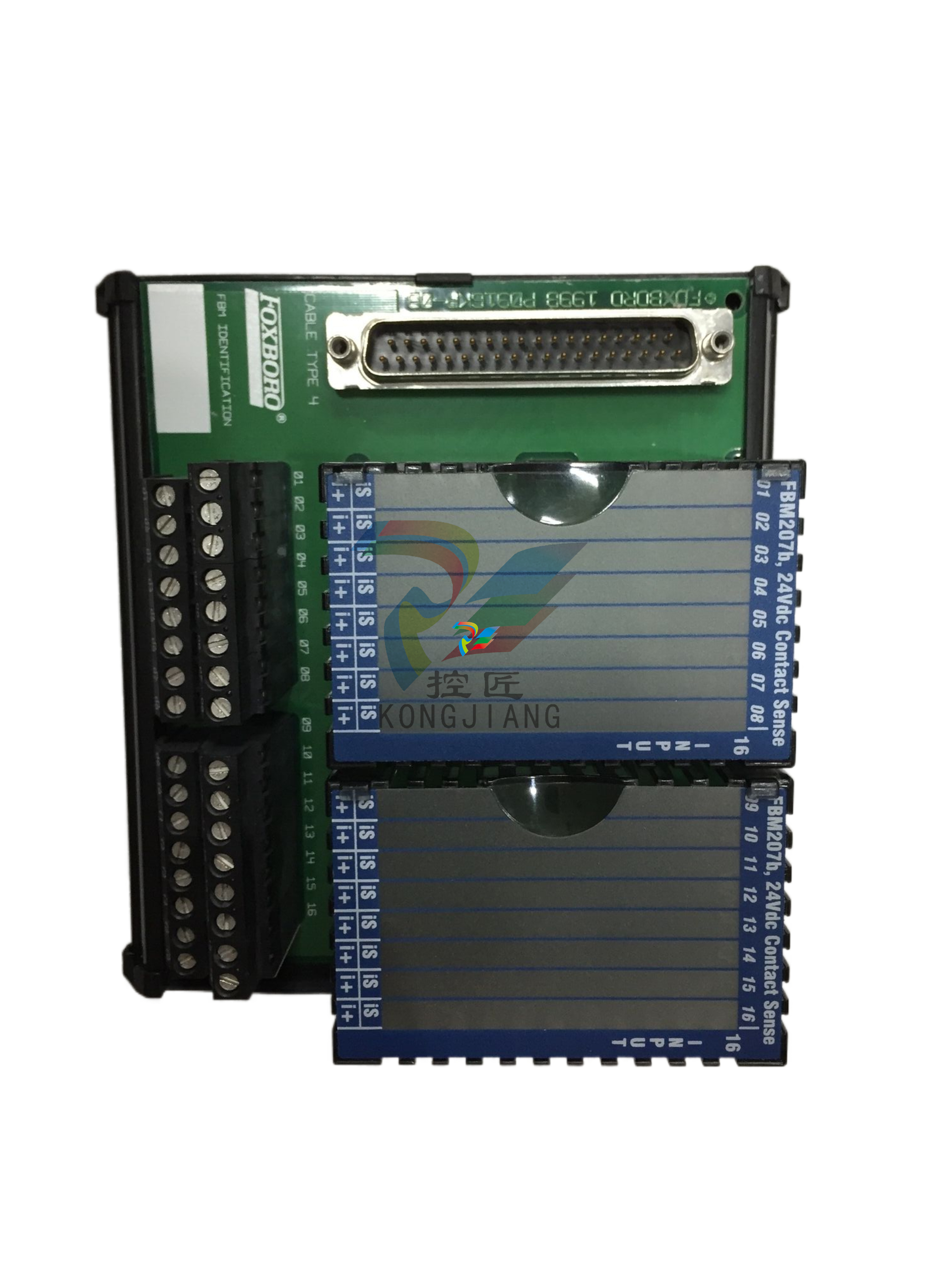
.jpg)
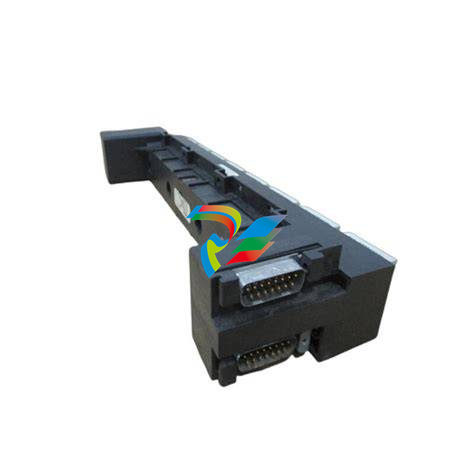
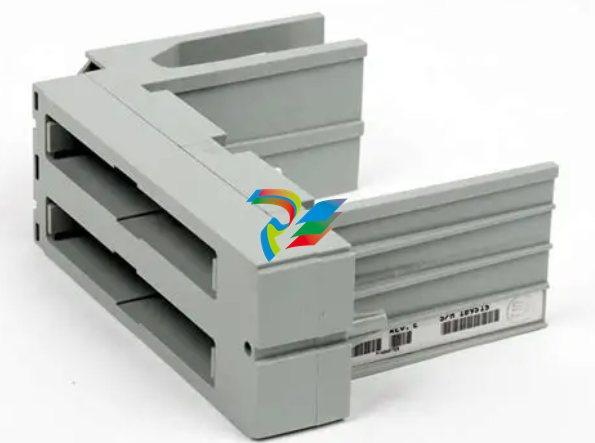
.jpg)
